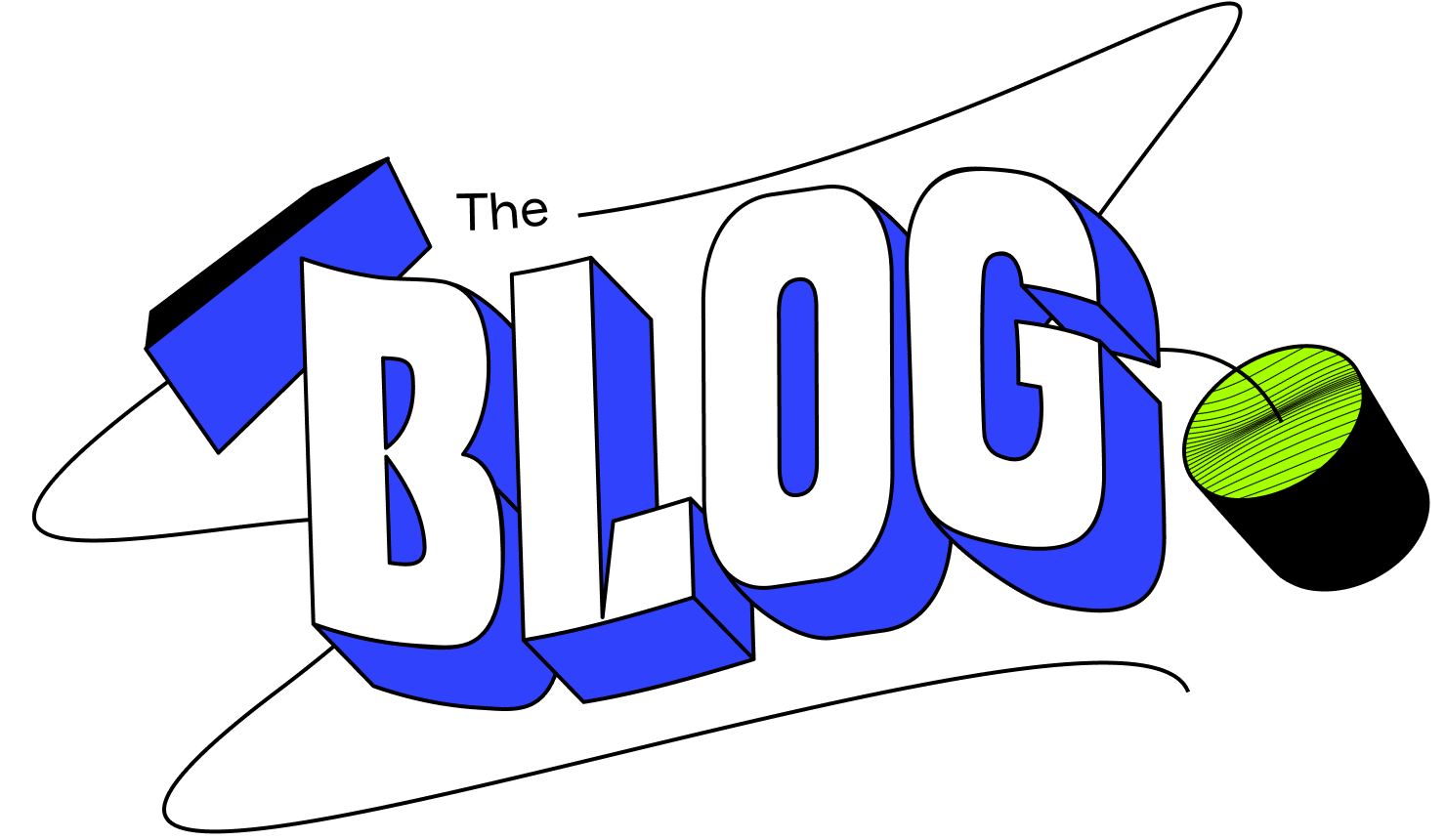
Categories: Blockchain Infrastructure
Discover how Ethereum Blobs enhance scalability with lower gas fees and faster transactions for layer 2 solutions built atop its...
Zero-knowledge proofs (ZKPs) enable users of crypto networks to validate transactions without disclosing transaction specifics. Read on to know...
Blockchain oracles are data sources that feed external information into smart contracts, enabling them to interact. Know more about what is blockchain...
A blockchain explorer is a web tool for exploring and navigating blockchain data. It enables searching transactions, addresses, and blocks, ensuring transparency and verification on the...
Blockchain APIs are software interfaces that let programmers connect with a blockchain network. Refer to this blog for more knowledge on blockchain...
Bitcoin Layer 2 refers to a secondary protocol or network built on top of the Bitcoin blockchain to address its scalability issues and enhance its functionality....
Blockchain interoperability refers to the ability of blockchains to communicate with other blockchains. Explore its crucial role in connecting diverse blockchain networks for a unified Web3...
Ethereum's Shanghai upgrade is a hard fork slated for March 2023. This update aims to improve the Ethereum network's functionality, security, and...
Chainlink is a decentralized oracle network that connects smart contracts with real-world data and external APIs. Learn more about what is...
Blockchain layers are distinct levels within a blockchain network, each serving a specific function, ensuring system efficiency. Learn more about what are blockchain...
EVM wallet is a digital wallet compatible with the Ethereum Virtual Machine for managing cryptocurrencies on the Ethereum and Ethereum-compatible blockchain...
A cross-chain bridge is a technology that enables the seamless transfer of digital assets between different blockchain networks. Learn what is a cross-chain...
A software wallet is like a digital bank account for your cryptocurrencies. Know more about what is a software wallet & the top software crypto...
The Graph is a decentralized protocol for indexing and querying data from blockchains, enabling efficient access to blockchain data for decentralized...
Blockchain infrastructure refers to the systems or components that come together for the successful implementation of blockchain technology. Read more to learn about its types and key...
Blockchain bridges serve as the ideal solution for interoperability among different types of blockchain networks. Read more about what is a blockchain...
Traders use on-chain data analysis to be ahead of market trends. It shows actions via transactions recorded on blockchain networks. Learn more about on-chain data analysis...